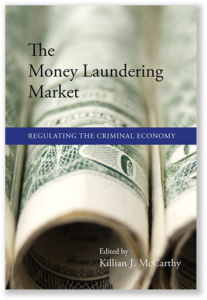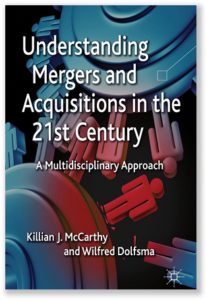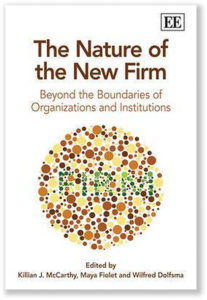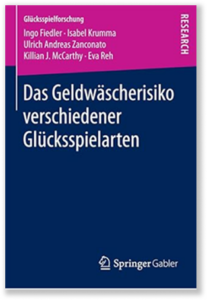
This book uncovers how criminals exploit financial systems to launder illicit funds, using shell companies, complex transactions, and regulatory blind spots. It explores the ongoing battle between money launderers and regulators, highlighting the gaps in enforcement and the urgent need for stronger oversight. Through real-world case studies and policy analysis, it examines what works, what doesn’t, and how financial safeguards must evolve to stay ahead of ever-changing laundering techniques.

Mergers and acquisitions can create immense value—or destroy it. Drawing on data from 20,000 deals, this book examines what determines success or failure, from market conditions and legal frameworks to managerial decisions and firm size. It also reassesses the methods used to measure M&A performance, challenging outdated models and proposing fresh approaches. Blending empirical research with practical insights, it offers a valuable resource for those navigating the complexities of corporate consolidation.

As globalisation and technology reshape industries, firms are evolving in unexpected ways. This book explores how traditional organisational boundaries are shifting, with firms increasingly operating through networks, partnerships, and flexible structures. Examining the role of education, state support, and high-tech industries, it provides insights into the forces driving this transformation—and what it means for the future of business.

Gambling has long been a target for financial crime, but not all forms carry the same risks. This book investigates how different gambling sectors—casinos, online betting, lotteries—are vulnerable to money laundering, analysing their regulatory frameworks and enforcement challenges. While lotteries pose little threat, the study argues that stricter oversight is needed for other forms of gambling to prevent illicit financial flows. Grounded in the EU’s 4th Anti-Money Laundering Directive, it highlights the weaknesses in current policies and the need for greater regulatory intervention.